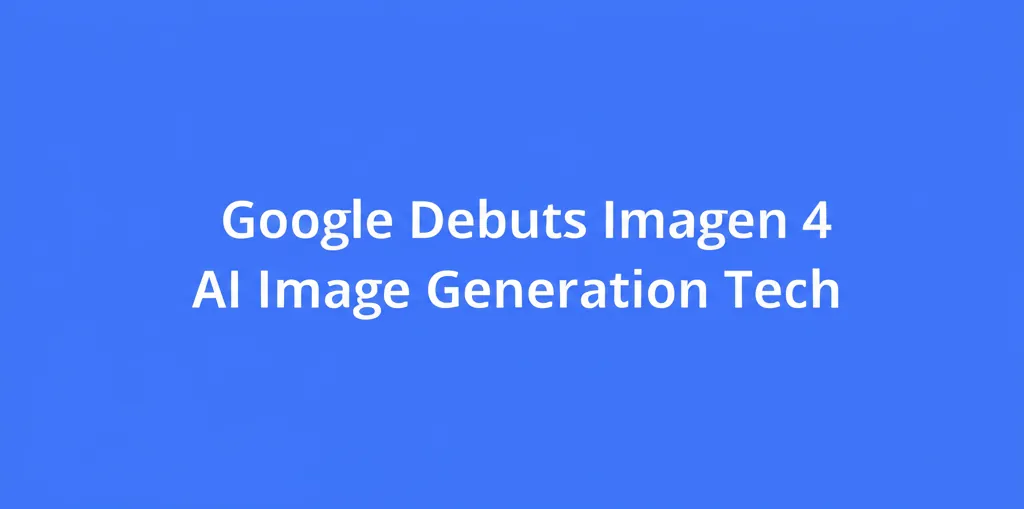Developer Offer
Try ImaginePro API with 50 Free Credits
Build and ship AI-powered visuals with Midjourney, Flux, and more — free credits refresh every month.
Kiwi Creatives AI Job Impact Stories
Claire Mabey spoke with four New Zealand creatives who report a decrease in work they attribute to the rise of artificial intelligence.
A recent study on the cognitive impact of Large Language Models (LLMs) indicated that critical thinking skills in ChatGPT users might lessen over time. The report states, "While these systems reduce immediate cognitive load, they may simultaneously diminish critical thinking capabilities and lead to decreased engagement in deep analytical processes."
This study arose from the "rapid proliferation of LLMs" in all life areas, including work, education, and home. Despite uncertainties about AI's effects on cognitive skills, ethical and environmental issues, and employment, many workplaces, including some in Aotearoa, are using AI solutions instead of human labor.
The creative sector is particularly affected by AI, as LLMs and design tools offer fast and inexpensive alternatives to human skills and expertise. The Spinoff interviewed four Aotearoa creatives who have lost work to AI. Here are their stories.
Freya Daly Sadgrove Creative Writer and Editor
In 2024, Freya Daly Sadgrove secured a "dreamy job" marking weekly personal development reports from master of engineering students in an innovative Australian university course. She described this as "essentially marking people's diaries on the quality of their introspection." Daly Sadgrove was deeply committed to the work, valuing the chance to read such personal stories. For her, the most crucial aspect was providing constructive feedback, engaging deeply with students' personal insights to help develop their self-awareness and interpersonal skills.
Daly Sadgrove says it was subtle work and required a high level of empathy. Most of the markers, including Daly Sadgrove, weren't involved in engineering at all and were hired instead for their ability to understand people and communicate with them. "I loved it so much," says Daly Sadgrove. "I loved the insight I got into the minds of people with very different lives from me." Daly Sadgrove found the job rewarding, too – she could see how her feedback was having a positive effect on the students week after week.
After one semester in the job, Daly Sadgrove was offered it again for the next semester. But this time, she and the other markers were told they would no longer be writing the feedback, but instead would be "lightly editing feedback generated by a Large Language Model (LLM)".
The changes to the job description were laid out in a document sent to all of the markers, which justified the use of LLMs by saying the AI tools "remove all the boring parts of the marker job, by getting it to write all the routine 'framing' parts of the feedback … You can focus your efforts on the parts of the feedback students will actually read, giving them the most relevant and effective takeaways."
The university's document said the LLMs would be providing a summary of each section of the students' work and that "the machine will give feedback that will be good at making the student feel heard. LLMs are not useful for helping students improve or delivering significant insights."
As a writer, Daly Sadgrove said she found it demeaning that the university framed the use of the LLM as a way to remove the "boring writing parts". She was confused by the assumption that students weren't reading the markers' feedback, given she had seen weekly evidence that they were. Daly Sadgrove wrote a response to the university to reject the reframed job. "I am floored by the logic that spends any energy on designing a machine to do the job of making students feel heard," she wrote. "Do the students know it'll be a machine making them feel heard? Do you think that will make them feel heard? Or are we planning not to tell the students that our job as humans is specifically not to listen to them, but instead to listen largely to the machine that has processed their thoughts?"
Daly Sadgrove, and several of her colleagues, declined the job offer.
Jackie Lee Morrison Writer and Editor
In 2022 Jackie Lee Morrison joined a copywriting company as a project manager and lead editor. The company had positioned itself as a copywriting agency with real, skilled writers. When Lee Morrison joined, the work the company had was steady and growing. So much so that Lee Morrison was involved in recruiting new writers to expand the team in order to meet demand.
In November 2022 Open AI's ChatGPT was released to the public and Lee Morrison saw an immediate drop-off in client work as people began to experiment with AI solutions. The release of ChatGPT coincided with the company taking on a major shareholder in the US, which was expected to bring in more US clients. The newly expanded team was ready and waiting for the increase in work, but it never came as the US clients were the first to start experimenting with AI.
Given the company marketed itself as using real writers, the internal stance on AI was strict. Lee Morrison says they used several AI detection programmes to vet work.
However, from January 2023 copywriting contracts dropped off to the point where there was no longer enough work to support her team, Lee Morrison says. Some writers were let go, others left on their own. Other writers, says Lee Morrison, "were simply left hanging, waiting for potential work".
Towards the end of 2023, work had dwindled significantly. Lee Morrison says that her manager wanted to keep her on board as long as possible, but even his position within the company was precarious. At the end of the year, Lee Morrison made the decision to leave. "I think things would've just dropped off," she says.
Ash Raymond James Writer and Graphic Designer
Ash Raymond James has been a freelance writer and designer for more than a decade. He says that AI is having a "severely negative" impact on his work, particularly in relation to book design and editing contracts as publishing companies and self-publishing clients turn to AI.
Ash says clients are asking AI models to edit their work and are using AI tools to create design assets like logos and social media assets. Some clients, he says, have an expectation that his fees will decrease because they assume he will use widely available AI tools that are faster than his non-AI processes. He has seen major companies implement AI elements into their work instead of using human designers.
Ash has received many responses from clients saying instead of using his services, they are going to use AI to create design assets themselves, because it is cheaper and faster.
"It is impossible to compete financially," he says. "I am being hired significantly less as AI becomes more normalised. From my point of view as a full-time creator, AI is crippling industries and stealing opportunities."
Hera Wynn Designer and Animator
When Hera Wynn studied media design in 2013, the general mood was that computers were the future and learning computer-based tools was the way forward. "But it's gone too far the other way," she now says.
After Wynn had a child she found it hard to focus on coding (websites, games and apps) so in 2022 she pivoted to illustration and animation work. "But I did that just as AI became more open source and now I feel redundant and like I'm running out of time. I'm lost," she says.
"I feel like hospitality and retail jobs might be the last to survive."
Compare Plans & Pricing
Find the plan that matches your workload and unlock full access to ImaginePro.
| Plan | Price | Highlights |
|---|---|---|
| Standard | $8 / month |
|
| Premium | $20 / month |
|
Need custom terms? Talk to us to tailor credits, rate limits, or deployment options.
View All Pricing Details

